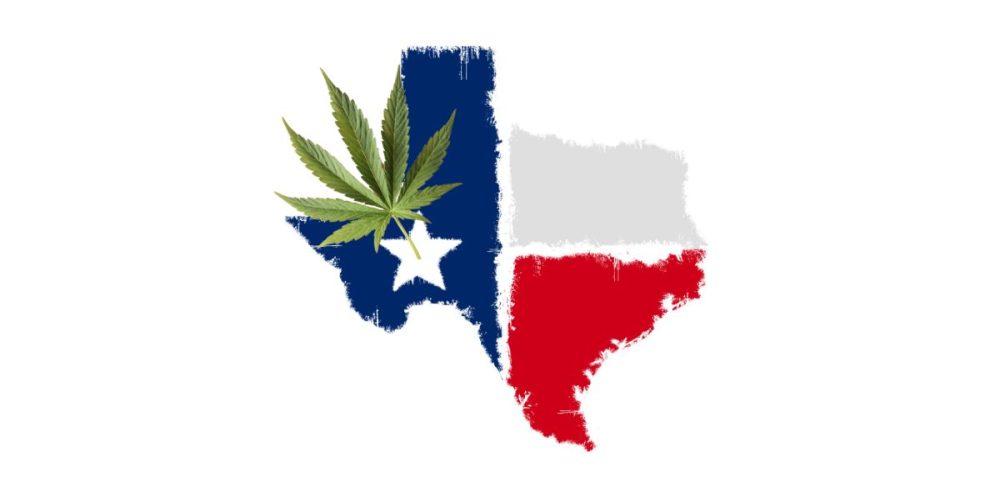Texas Agriculture Commissioner Sid Miller is calling for lawmakers to address the growing confusion surrounding cannabis laws, which have led to a boom in unregulated marijuana products across Texas.
In a recent opinion piece by Miller, he focused on the state’s spectrum of somewhat murky laws aimed at regulating both hemp and medical marijuana, which have, in turn, created a loophole for cannabis, allowing a “Wild West” style marketplace to thrive.
Miller expressed concern over the growing popularity of “intoxicating cannabis” products, as he described. These products, sold in retail stores and gas stations across the state, are often not subject to any consumer safety inspections or regulatory oversight.
“Texas has, over the past few years, legalized hemp farming and processing, as well as creating and then expanding a compassionate use program for those who benefit from cannabis as medicine. When passing these laws, legislators sought to define intoxicating marijuana, which remains illegal in most cases. The resulting definition has led to the problems we face today,” Miller explained.
The controversy surrounding the Lone Star State’s weed laws may stem from vague and poorly defined regulations on cannabis, as well as a misunderstanding of how to regulate and profit from the impending cannabis market.
“As the second largest state by size and population, the Lone Star State and its citizens have a significant opportunity to expand the state’s current cannabis program to increase access, deliver significant economic impact, create jobs, and combat the illicit market,” James Levantis, executive vice president of Verano Holdings Corp, a large cannabis initiative, told The Dallas Express.
While the state has legalized hemp farming and created a Compassionate Use Program for a select amount of medical marijuana patients, the definition of “intoxicating marijuana” remains unclear. The current laws prohibit the sale of cannabis with any moderately high levels of THC, but testing for THC content is both costly and time-consuming, leading local police departments to largely abandon enforcement of marijuana possession laws, according to Miller.
Miller also acknowledges the complex and consistently evolving cannabis landscape in Texas, noting that local authorities are often reluctant to prosecute small cannabis offenses due to the mentioned burdens of testing and prosecuting cases.
As a result, Miller argues, the state’s cannabis industry has slipped into an unregulated zone that benefits neither consumers nor law enforcement.
Despite his opposition to recreational marijuana, Miller made it clear that Texas legislators need to take responsibility for fixing the state’s cannabis laws. He expressed support for Lt. Governor Dan Patrick’s recent efforts to clamp down on the unregulated market, saying that it is crucial for lawmakers to have a debate on how to regulate marijuana properly.
“I have received a lot of messages asking me to come out against Dan Patrick’s efforts to curtail the unregulated and unsafe market that I have described. I will not. That’s not how the law works. The Lieutenant Governor is right to go after these unregulated and often illegal businesses,” Miller added. “Even if the legislature voted to legalize recreational marijuana tomorrow, that legislation would create a legal market with rules, guardrails, checks, and balances. What we have now is the wild west.”
While Miller may hold a firm stance in his view of recreational marijuana in Texas, he seemingly also plans for a new adaption of hemp and medical marijuana into the Lone Star state’s laws.
“I strongly support hemp as a commercial product. I strongly support medical marijuana and our state’s compassionate use program. In fact, I want to see it expanded to include far more medical conditions than it currently does,” Miller added in his opinion piece.
For perspective, the American cannabis market’s revenue is expected to hit $45.35 billion in 2025, with a 2.24% annual growth rate, reaching $49.56 billion by 2029, according to data from Statista.
“U.S. cannabis retail sales are estimated to reach $58 billion by 2030; the industry employs nearly 500,000 professionals as one of the fastest-growing job sectors nationwide,” Levantis added.


